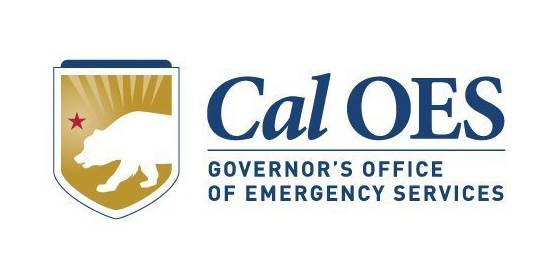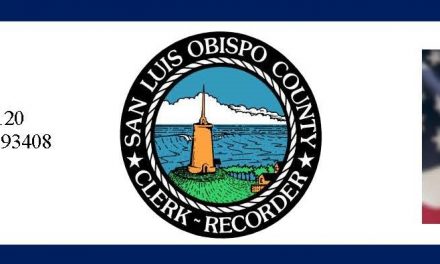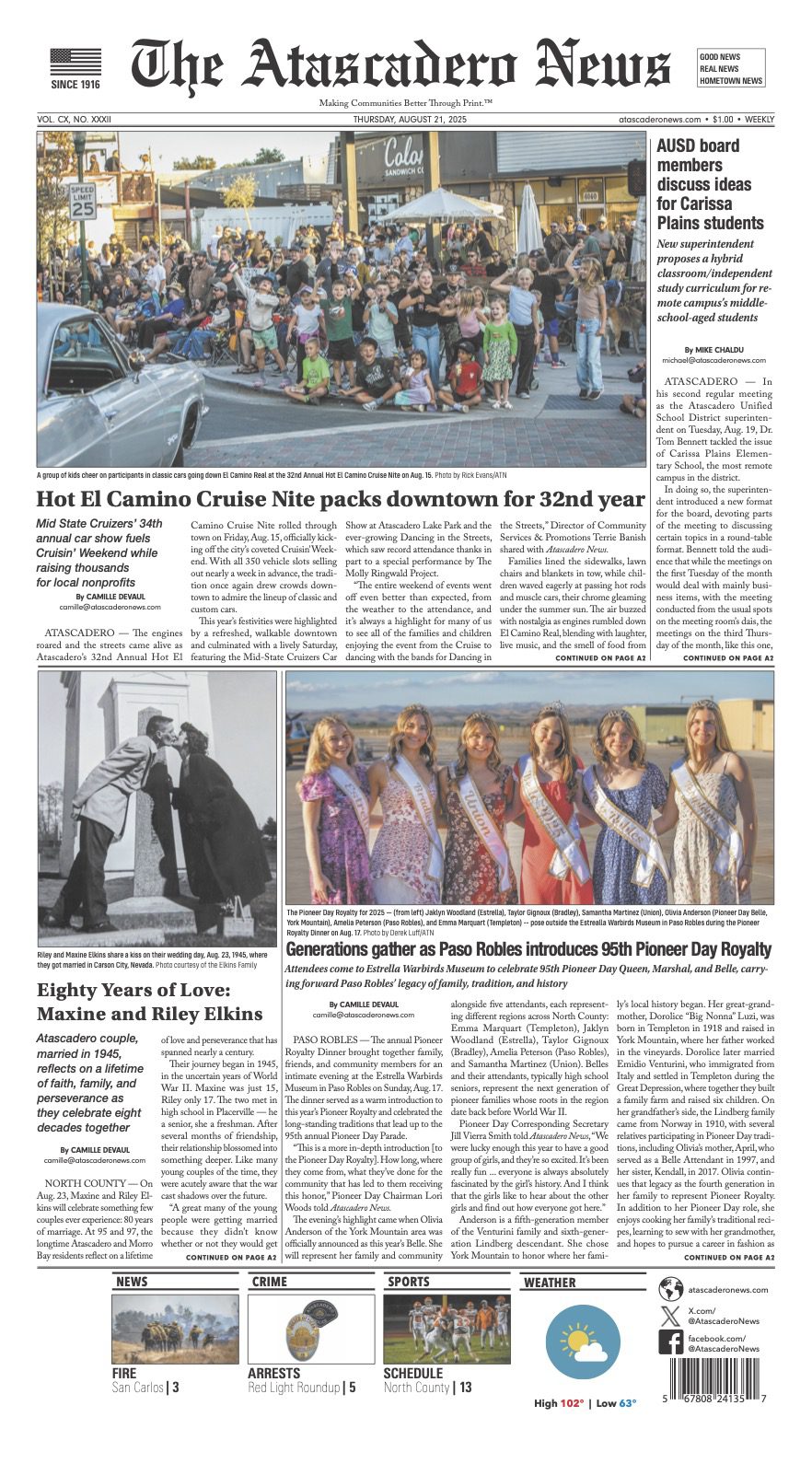Scammers Exploit California’s COVID-19 Contact Tracing Program During the COVID-19 pandemic fraudsters are using this opportunity to create fear amongst residents across California. Many traditional financial crimes and schemes are now orchestrated through electronics. Now, more than ever people of all ages, including the elderly can be victimized by these criminals. The newest plot line in these online crimes, include California contact tracers.
What is a contact tracer?
To mitigate the spread of COVID-19, Governor Gavin Newsom launched “California Connected,” the state’s comprehensive contact tracing program and public awareness campaign. A contact tracer from the local health department might call if you’ve been exposed to COVID-19. Under this program, public health representatives will telephonically interact with those who have tested positive, alert anyone that may have been exposed, and keep personally identifiable information (PII) confidential.
How to spot a scam/er?
- Real contact tracers won’t ask you for money.
• Only scammers insist on payment by gift card, money transfer, or cryptocurrency. - Contact tracing doesn’t require your bank account or credit card number.
• Never Share account information with anybody who contacts you asking for it. - Legitimate contact tracers will never ask for your Social Security number.
• Never give any part of your Social Security number to anyone who contacts you. - Your immigration status doesn’t matter for contact tracing, so real tracers won’t ask.
• If they do, you can bet it’s a scam. - Do not click on a link in a text or email.
• Doing so can download malware onto your device.
Be wary of suspicious emails, phone calls, and text messages. Contact your local health department to verify that the call or messages are valid, think before clicking on any links, and be aware of suspicious attachments. For additional information regarding California Connected or COVID-19 visit CDPH Contact Tracing, CDPH COVID-19.














